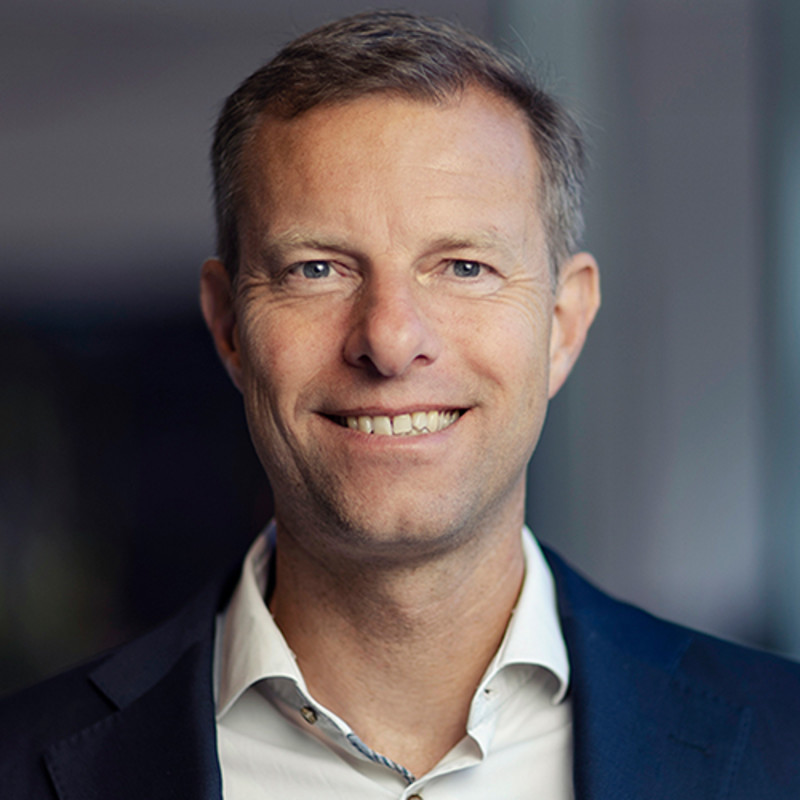

Norway is now the most sustainable country in the world
Norway has overtaken its neighbor Sweden to become the world’s most sustainable country, the latest Country Sustainability Ranking reveals.
Zusammenfassung
- Nordic nations retain their dominance with top four places
- Least sustainable countries are in Africa and Asia
- Biannual survey expands its reach from 65 to 150 countries
The Nordics once again dominated the biannual survey, with Finland and Denmark in third and fourth place respectively, and Switzerland in fifth, falling from the second position in the July 2019 edition, primarily on pension funding fears.
The bottom five countries are all in Africa, due to civil wars or political unrest in Yemen, the Central African Republic, Sudan, the Democratic Republic of Congo and Burundi. However, the continent also saw some of the best progress, with Djibouti making the biggest ESG score gain in the past six months, thanks to Chinese investment bringing more stability.
Ten of the top 13 countries are European, achieving a score of 8.0 or more out of 10 on a wide range of environmental, social and governance (ESG) factors. Of the 127 emerging markets assessed, only eight made it into the second-highest category, with scores between 7.0 and 8.0. None figure in the most sustainable 8.0+ category.
The December 2019 edition of the CSR has more than doubled its scope, extending the number of countries reviewed from 65 to 150. It now looks at 23 developed economies and 127 emerging markets, making it the largest survey produced since it began in 2013.
The proprietary CSR tool collects and analyzes ESG data via a structured and comprehensive framework. The methodology has also been revised to include or give a higher weighting to newly emerging ESG investment risks. It now affords a 20% weighting to environmental factors (up from 15%), with social issues now 30% (up from 25%), and governance accounting for 50% (down from 60%).
Not surprisingly, internal unrest is the biggest cause of plummeting ESG scores. “Over the last five years, Venezuela leads the list of countries who have lost ground as a result of steadily declining ESG performance, falling by 30 places to the 139th position,” says the report’s author Max Schieler, Senior SI Country Analyst.
“With both countries engulfed in civil war, Yemen and Libya have also suffered substantially. Yemen is now in last place in our country ESG ranking; Libya, ranked 142nd, has fallen by 26 places over the past five years. It is now 56 places lower than its ranking of 88th on the eve of the Arab Spring in early 2010.”
However, some emerging markets are taking great strides in improving their sustainability, notably Indonesia and Kazakhstan, which have risen by 15 and 13 places respectively. Another bright spot is Belarus, up 16 positions since 2014 and now in the top half of the rankings. Hong Kong has held steady in 24th place, despite the major unrest seen in 2019, though any continued turbulence is likely to hit its future score, Schieler says.
Brexit and Trump hits
Notable absences from the top list among the major industrialized nations are the US and UK. “Both have seen their ESG performance gradually worsen since 2016, when the UK voted for Brexit and the US for Donald Trump, especially in terms of governance,” Schieler writes in the survey.
“This is a tendency that is strongly linked to the political situations in the two countries, which are characterized by increasing polarization, deeply divided populations, growing dissatisfaction with traditional parties, and increasing populism.”
“Since the UK’s vote to exit the European Union, the country has been absorbed by the endless Brexit debate, which has resulted in eroding belief in representative democracy and increasing disruption of state institutions.”
BRICS are disappointing
The BRICS countries – Brazil, Russia, India, China and South Africa – all appear in the bottom half of the rankings. “The ESG performance of the BRICS countries was particularly disappointing, all of which underperformed the universe mean,” says Schieler.
“Most of the worst-ranking ESG performers are located in Africa. This illustrates just how far behind the continent is in terms of sustainability issues. Even the continent’s two economic heavyweights, South Africa and Nigeria, performed poorly.”
In the developed world, Switzerland has fallen three places, mainly due to less unfavorable demographics and its backlog in pension system reforms, though it remains the world leader in terms of environmental performance and carbon taxation.
“In the social area, Switzerland compares poorly with the Nordics in terms of inequality and aging,” Schieler says. “The structural reforms needed to make retirement financing more sustainable in the longer term still look inevitable.”
A Latin Spring?
The prospects of a ‘Latin Spring’ in South America is threatening scores. There have been uprisings of varying degrees in Bolivia, Ecuador, Paraguay, Peru and Colombia, while Venezuela is now classed as a humanitarian disaster following unrest that goes back to when the CSR began.
Meanwhile, Brazil’s populist president was criticized for a lack of action again Amazon rainforest fires, and previous ‘role model’ Chile was engulfed with unrest. South America’s most stable country is Uruguay, while Argentina has just seen a shift back to a leftist government with unclear implications for future policy.
In terms of personal freedom, bottom nation Saudi Arabia “remains an absolute monarchy that heavily restricts political rights and civil liberties, represses dissidents, and exercises extensive surveillance of citizens,” Schieler says.
“The uncertain outlook for Hong Kong must be viewed in the context of overall political developments in China in recent years, which are characterized by an increasingly repressive authoritarian regime and a more assertive foreign policy.”
“Within China, the regime is continuously tightening its control over academia, bureaucracy, business, media, minorities, religious groups and vast parts of civil society. This has been most apparent in China’s harsh repression of the Muslim ethnic minority in Xinjiang.”
Bleiben Sie über die neuesten Einblicke ins Sustainable Investing auf dem Laufenden
Melden Sie sich für unseren Newsletter an und erfahren Sie, welche Trends das Sustainable Investing prägen.






















